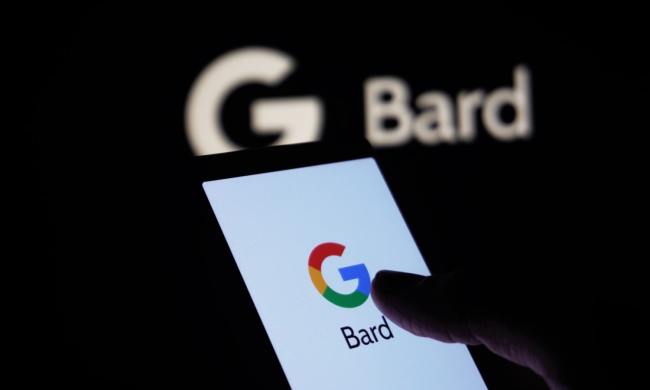Google is cracking down on ads that mislead people to malicious sites when they looked up voting information. The company on Monday said it has removed several search ads that unlawfully scammed users into paying up to $129 for voter registration, harvested their personal data including credit card credentials, and installed deceptive add-ons on their computers.
The takedown comes after a report published by the Tech Transparency Project (TTP), a non-profit watchdog, that discovered nearly a third of the more than 600 voting-related search ads on Google were manipulative. The ads — that sit above at the top of the search results — appeared when people looked up common voting terms such as “register to vote,” “vote by mail,” and “where is my polling place.”
A Google spokesperson told Reuters that the company is investigating how these ads slipped through its approval process, which involves a manual review, in the first place.
“We have strict policies in place to protect users from false information about voting procedures, and when we find ads that violate our policies and present harm to users, we remove them and block advertisers from running similar ads in the future,” Google said in a statement sent to Digital Trends.
Most of the ads the TTP found were masquerading as official information hubs. One such ad, hosted by a company called PrivacyWall, charged users $129 for “same-day processing” to register to vote. Another called RegisterMyVote tried to collect a trove of personal data for marketing purposes.
Since ads on Google now employ the same typeface and color scheme as organic search results, it’s also a lot harder for users to tell them apart. “Such ads could have a suppressive effect on voters. Users searching for guidance about elections who instead find themselves on manipulative or confusing sites may eventually give up on finding the information they need,” wrote the non-profit organization in a blog post.
Earlier this year in February, Google pledged to offer voters “quality, authoritative information” on its search engine among several other initiatives for the 2020 presidential elections. It also no longer allows political organizations to micro-target citizens based on their online activities when they buy ad space on Google and YouTube.



